‘Sinners’ success sparks conversations around African spirituality beyond Christianity
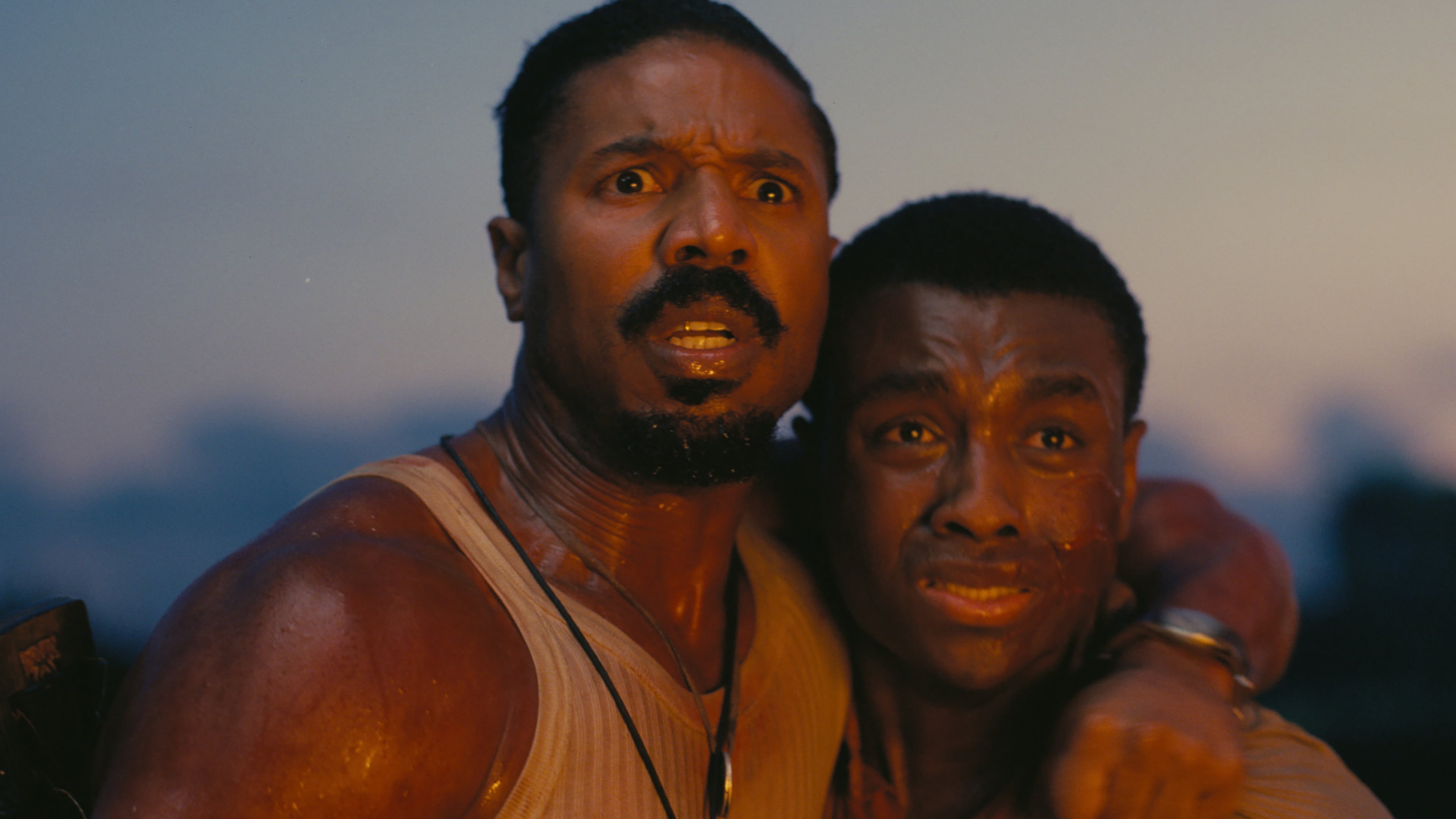
Ryan Coogler’s cinematic hit “Sinners” is a vampire horror film that incorporates the complex livelihoods of Black people in the Mississippi Delta battling oppressive forces of the Jim Crow South. It’s also a horror film with vampires. (And historically, Black folks don’t tend to fare well in scary movies.)
The period piece has been praised for its inclusion of African diasporic spiritual practices. This aspect of the film has generated conversation as Black Americans continue to show interest in the indigenous religions of their ancestors.
Manbo Dr. Kyrah Malika Daniels is an assistant professor of African American studies at Emory University and a Vodou practitioner. She hopes films like “Sinners” will prompt more Black Americans to research their ancestry and ethno-religions, or spiritual practices rooted in cultural heritage.
“In a happy world, all Black people would feel comfortable belonging to African-descended traditions because I think it would be deeply empowering for all of us,” Daniels said in an interview with UATL.
Last week, the Institute of Sacred Music at Yale University hosted a Black Sacred Arts Conference, where religious leaders discussed historical and current social implications of African diasporic traditions.
The conference was full of food, song and dance for worshippers and guests alike and concluded with a celebratory Vodou ceremony.
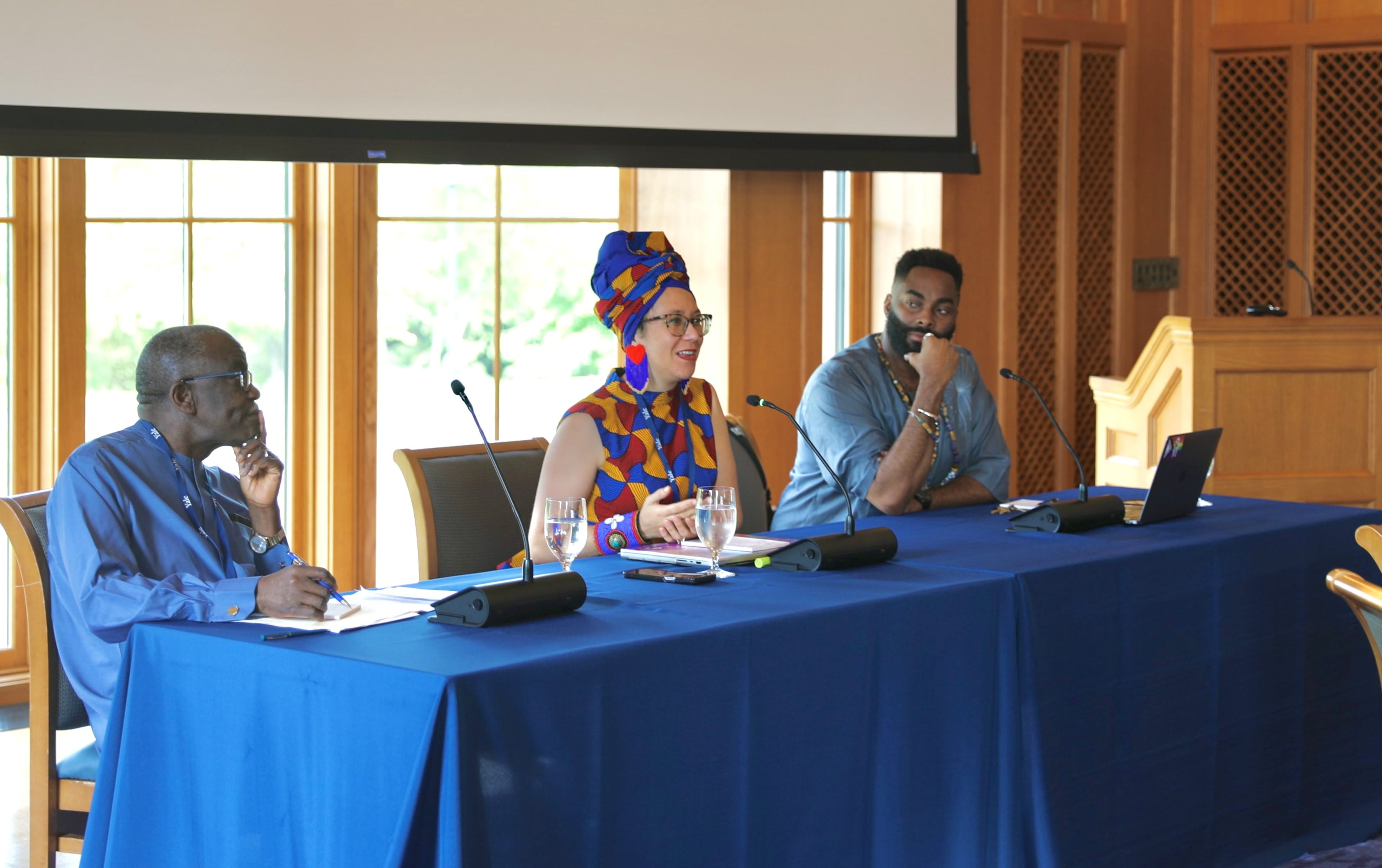
Daniels, whose “manbo” title indicates her priestess status in the Afro-Haitian religion, led a discussion on the hidden symbolism of Vodou practices in Haitian artwork. During a period when Haitians were persecuted for their faith, she explained they found other ways to spread their spiritual messages.
“For hundreds of years, Haitians have been ostracized, assaulted, imprisoned and even killed for their participation in Vodou,” Daniels said during the discussion. “Despite these harrowing realities and unjust condemnation, Vodou’s devotees have survived its many denouncements. This is largely due to their stealth in concealing evidence of their devotion.”
For religious leaders at the conference, seeing accurate depictions of African spirituality in film has been a cause for celebration.
“The movie does a great job of showing that Blackness comes in many different shapes and forms,” said Houngan Collin Édouard, an organizer of the conference and Yale University ethnomusicology doctoral student. “Houngan” is the title for a Vodou male priest.
“What (‘Sinners’) has done is force Black Christian people to have a conversation about inheritance and ritual.”
In “Sinners,” actor Michael B. Jordan plays fictional twins Elijah “Smoke” Moore and Elias “Stack” Moore, who return to their Mississippi hometown after working under mafia boss Al Capone in Chicago. In the midst of resettling, they encounter an Irish vampire named Remmick, played by actor Jack O‘Connell, who wreaks havoc in the area.
As Remmick spreads vampirism within the Black population, only Hoodoo practitioner Annie, played by actress Wunmi Mosaku, initially understands how to handle the demonic entity. When vampires were introduced, she knew what they were and how to fend them off.
“You have this brilliant Hoodoo priestess who is doing rootwork and conjure,” Édouard said.
He explained that Annie probably learned spiritual practices from her mother, and the tradition likely continued since they arrived, enslaved, on America‘s shores during the Middle Passage.
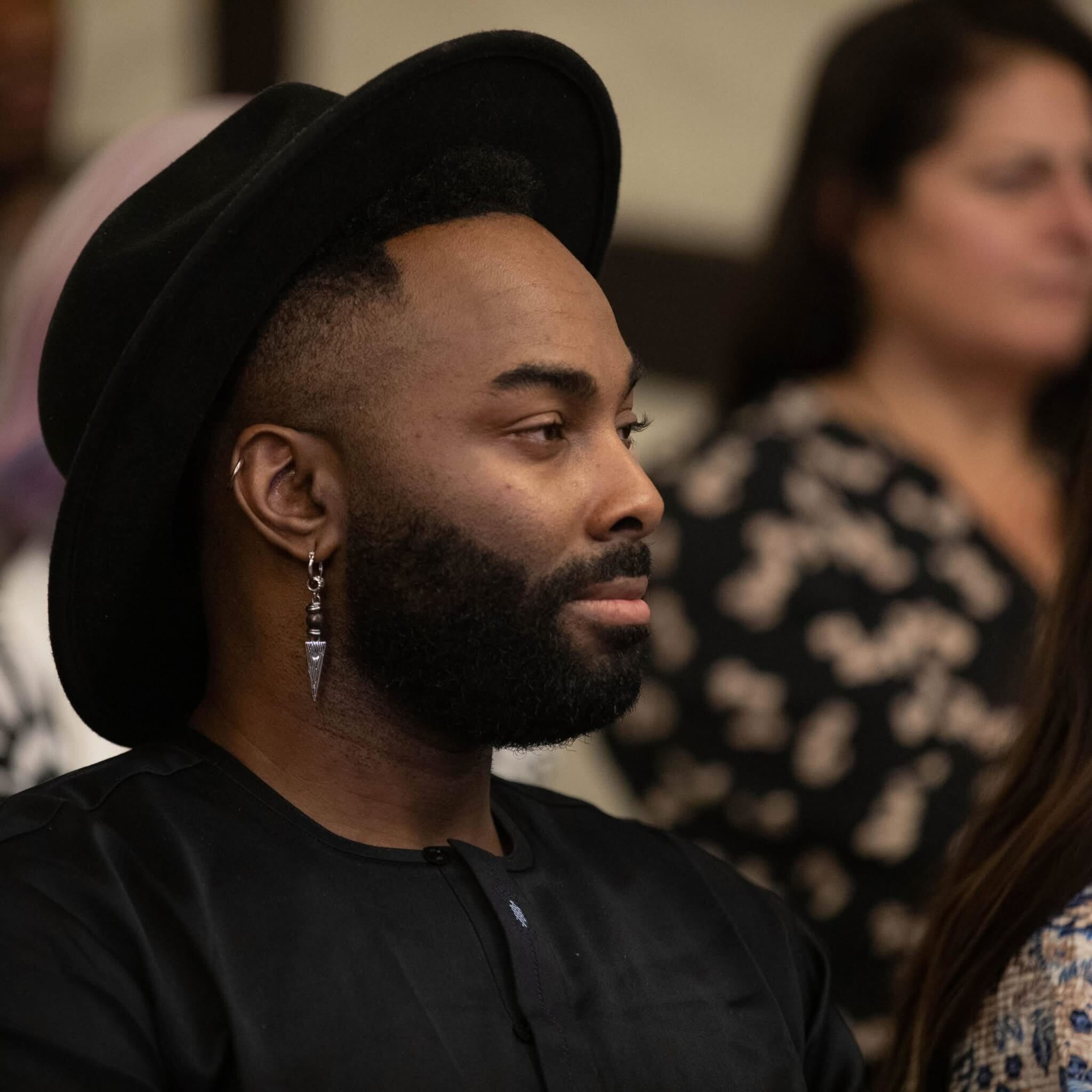
Throughout the film, Annie, the love interest of Smoke, is seen doing divination with buttons, as alternatives for the African cowrie shells, which supposedly give her foresight of what’s to come. She was adamant that Smoke wear a mojo bag (a sacred bag of charms she created) to keep him safe.
The African diasporic traditions in “Sinners” were used to save the characters from a seemingly demonic fate, unlike many horror films where “black magic” usually leads to a character’s demise.
Édouard questioned why African-derived spirituality tends to be depicted as evil in media.
“Black Americans are going to (have to) vomit up the lies that they have been told about themselves first because I can’t reassure you of anything until you divorce yourself from the colonial mindset,” he said.
He also suggested Christianity has played a role in Black people’s oppression.
“What does bother me about Christianity is how it has been used to weaponize against, to use itself by the people as a way to oppress,” he said. “So, for Black Americans, the first thing I need to say to them is really look yourself in the mirror. Who told you your inheritance is evil?”
Iya Dr. Funlayo E. Wood — a priestess of the Ifa religion, which is based on Yoruba culture — also participated in Yale’s conference. She told UATL Christianity’s world dominance makes people think there is no alternative.
“It is a system that, by its very nature as an exclusive system, lends itself to abuses and being used in such a way as to dominate and control,” Wood said. “Many of us may seem to have internalized this idea that Christianity is the only way.”
However, she said Jesus was added to African spirituality, rather than becoming their monotheistic deity.
“He became one of our divinities like all the others,” she said. “African spirituality is very expansive in that way.”
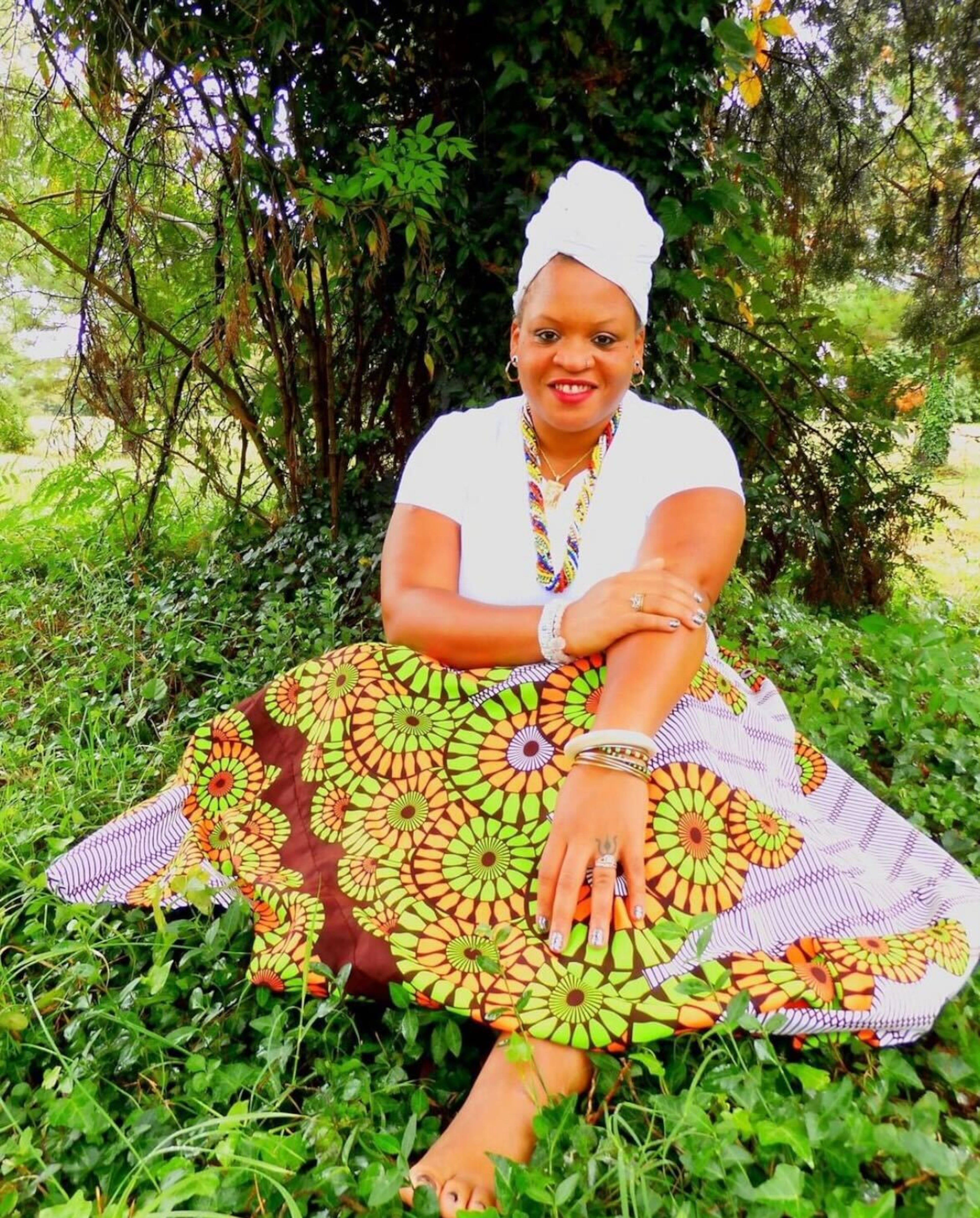
Wood explained that Hoodoo was an amalgamation of African religions in the U.S., with some sects incorporating Christian elements to create an evolved form of spirituality for Black Americans.
“Christianity is not something unique to Black folks, but we have taken it and made it our own,” she added. “The things that make Black church a Black church are African: the call-and-response, the ways we have embodied forms of worship, ecstatic worship, possession with the Holy Spirit, praise dancing and all of those things. All of that harkens back to our African roots.”
Much like Wood, Édouard iterated that African rituals are still prevalent in various practices of the Black community, including colloquialisms, fashion, hip-hop, dance, jazz and blues.
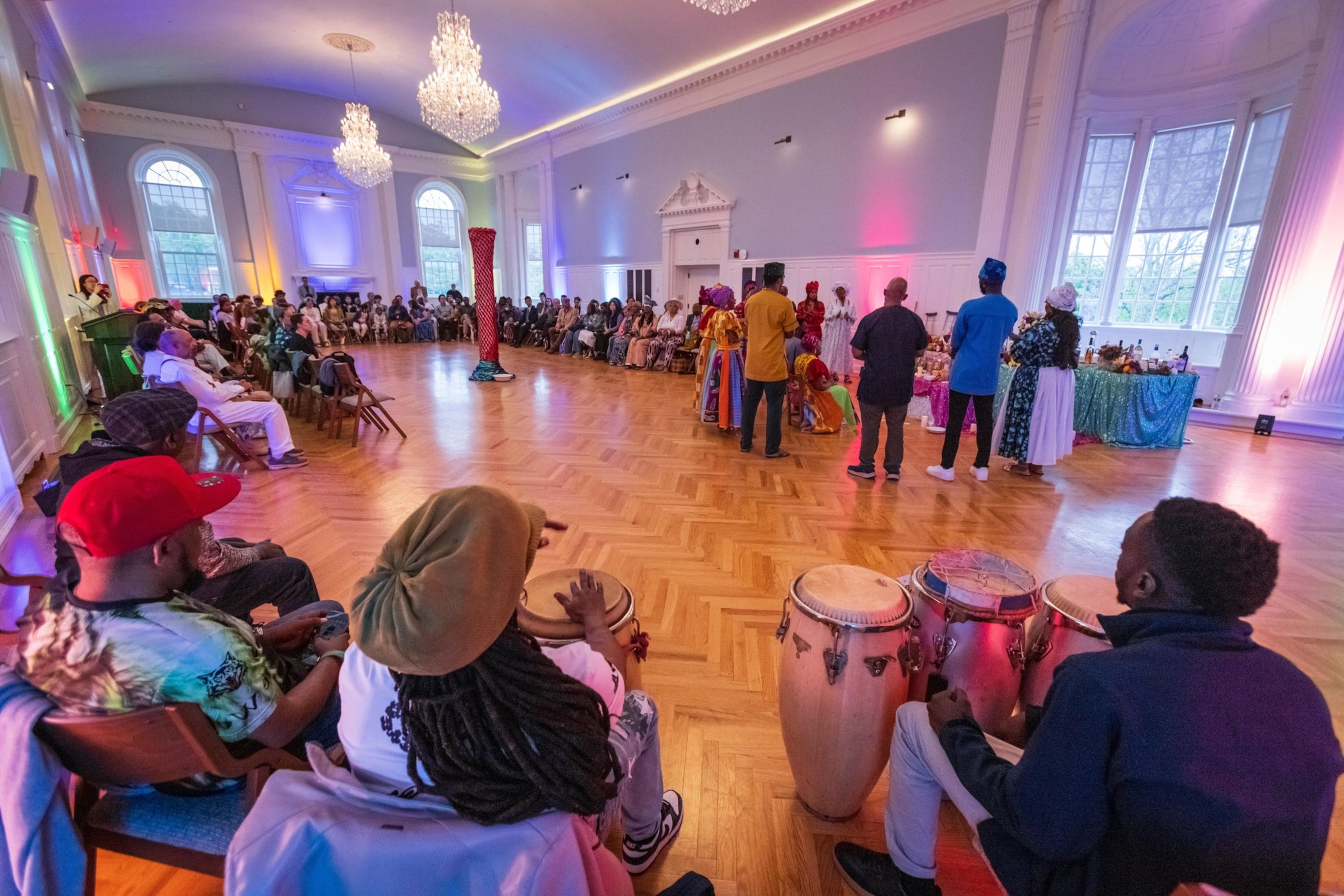
“There are whispers of who you are throughout your history,” said Édouard.
Christianity is addressed in “Sinners,” but not as a saving grace.
The movie begins with guitar-playing Sammie, a younger cousin of the “Smoke-Stack” twins played by Miles Caton. After reviewing scripture inside a church with his father, a Christian preacher portrayed by actor Saul Williams, Sammie is warned to avoid temptation but opts to play blues music and work for his cousins at a juke joint, where the main action occurs.
“I think ‘Sinners’ helps unravel the presumed — and I would argue, unnecessary and false — veil between Black Christian praxis and Africana religious traditions,” said Baptist Christian reverend Dr. Amey Victoria Adkins-Jones of Boston College, in a statement to UATL.
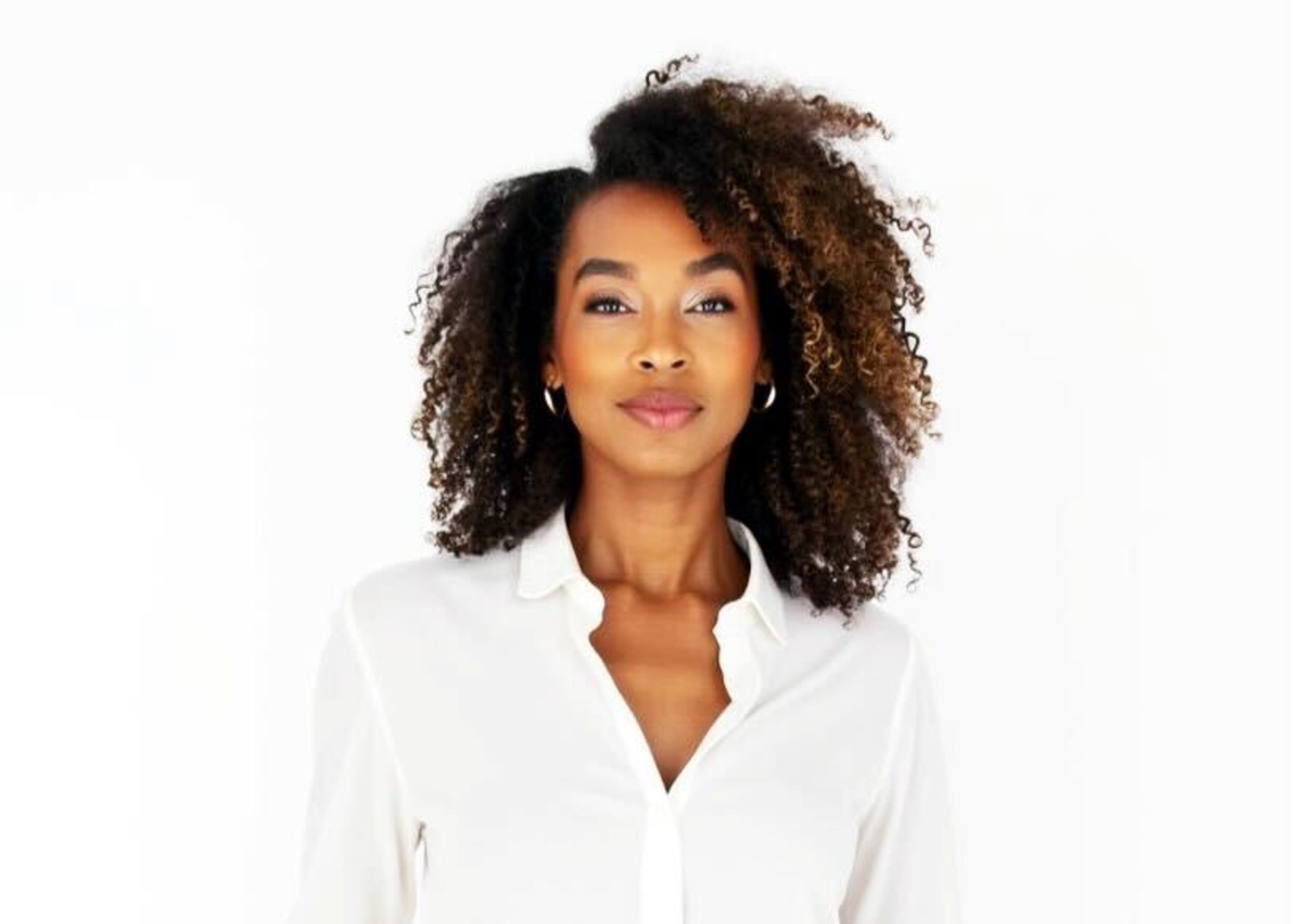
“It seems some (viewers) are having a difficult time not just because they‘ve been taught there is some pure and orthodox form of Christian belief, but specifically that any and everything else falls into the category of the demonic,” Adkins-Jones theorized.
“But I would offer there is also a deep discomfort, because ‘Sinners’ asks Black Christians to take seriously the religious history of colonialism, and the contradictions of a faith held by both oppressed and oppressor.”
During a climactic vampire attack in the film, Sammie recites the Lord’s Prayer as a last-ditch effort to stave them off. Remmick joins in the mantra and laughs to Sammie about how it has given him comfort as well.
“Remmick’s knowledge of the Lord’s Prayer and invocation disrupt easy ideas of salvation, and highlights the contradictions of a faith that has justified violences around the world,” Adkins-Jones said, adding that the KKK considers itself to be a Christian organization.
“Asking hard questions of Christianity and colonialism doesn’t inherently mean something is anti-Christian, nor does it nullify the faith of Black Christians,” she continued. “Instead, ‘Sinners’ pushes viewers to take seriously how easy, uncritical assumptions around Christianity can be sources of hope, but can also surrender us to violence.”
Ultimately, Daniels hopes the film allows Black Americans to be more open-minded and flexible with spirituality.
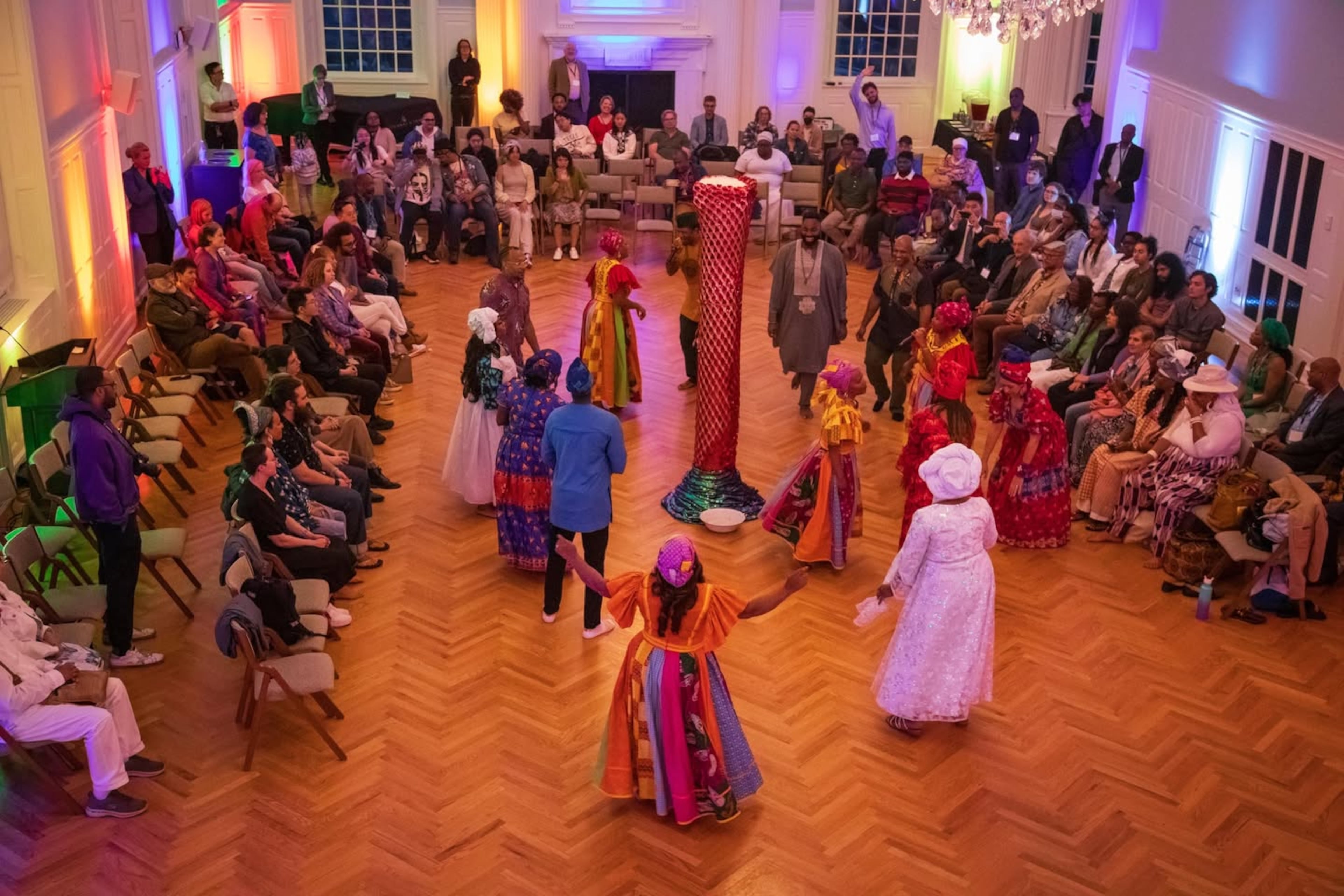
“Even if you don’t decide to participate in these traditions, you need to respect them. You need to understand that they‘re not demon worship,” she said. “You need to understand this is what allowed our ancestors to survive slavery and to withstand centuries of oppression.”
